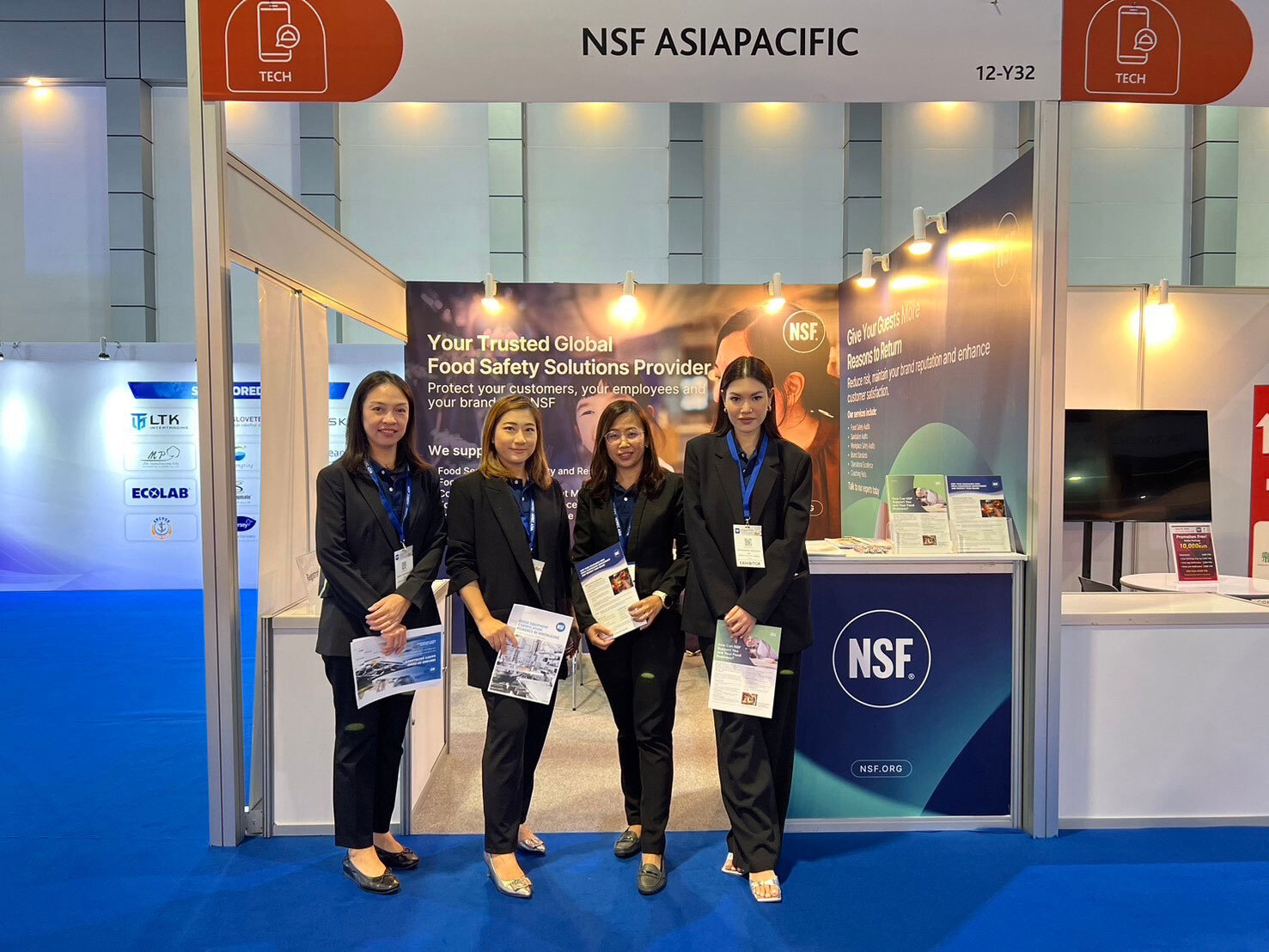What Hand Sanitizer Companies Should Know About the Food Industry
May 18, 2021
When it comes to hand sanitizers, food production facilities and restaurants require specific assurances that product registrations can best provide.

Food processors and foodservice operators need hand sanitizers to do more than meet regional regulatory requirements. To reduce chemical-related contamination risks, hand sanitizers must also be suitable to use in food handling facilities. You can meet these more stringent requirements by registering your hand sanitizer products with NSF.
To help protect food industry employees and consumers around the world, NSF registers hand sanitizers for both U.S. and non-U.S. markets.
NSF’s registration requirements harmonize different global food safety schemes, helping you gain:
- Third-party verification that your product is suitable for use by food processors and foodservice operators
- Ingredients validation to applicable FDA guidelines (U.S. market)
- Confirmation that your hand sanitizer “kills” Staphylococcus aureus and Salmonella
- Traceability of ingredients via literature reviews and supplier sourcing
- Greater product visibility through the NSF White Book™, an online listing of registered nonfood compounds sourced by the food industry
- Use of the NSF registration mark
 200+ Recalled Hand Sanitizer Products by the U.S. FDA (as of January 2021).
200+ Recalled Hand Sanitizer Products by the U.S. FDA (as of January 2021). Nearly 140,000 Liters Seized in 2020 from one hand sanitizer manufacturer by the European Anti-Fraud Office for containing methanol.
Nearly 140,000 Liters Seized in 2020 from one hand sanitizer manufacturer by the European Anti-Fraud Office for containing methanol.
Need to Know: Why Hand Sanitizers Get Recalled
The Presence of Methanol and 1-Propanol
- Both chemicals are lethal when ingested and can also enter the bloodstream through the skin.
- Side effects can range from nausea and blurred vision to permanent damage to the nervous system and even death.
Not Enough Ethyl Alcohol or Isopropyl Alcohol
- Having small amounts of these chemicals can make hand sanitizers ineffective.
- To kill germs on the skin, the product should have at least 70% alcohol content.
Labeling Issues
- Technical-grade ethanol cannot be used without proper warnings (e.g. “Not recommended if you are pregnant or breastfeeding.”)
- In the EU, hand sanitizers must have appropriate hazard pictograms and warnings.
Packaging Issues
- Hand sanitizer packaging cannot resemble food or beverage packaging because it could lead to accidental ingestion.
Sign up for Cleaning Product Webinars, Industry News and More
Stay updated and get insights by joining our mailing list.
How NSF Can Help You
Get in touch to find out how we can help you and your business thrive.

